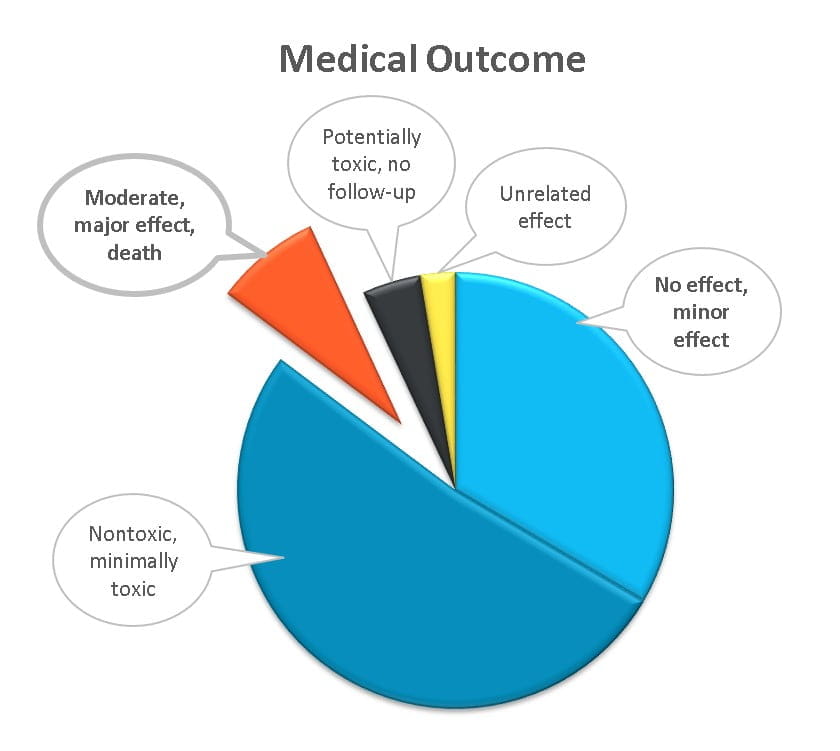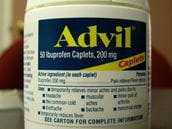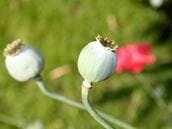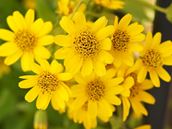
What Happens When You Swallow Eye Drops?
Over-the-counter anti-redness eyedrops are used to treat irritated, red eyes. When consumed by mouth, they can result in serious toxicity and even death.
Displaying 121 - 130 of 199 results for "poisonous plant"
Over-the-counter anti-redness eyedrops are used to treat irritated, red eyes. When consumed by mouth, they can result in serious toxicity and even death.
Ibuprofen, naproxen, and aspirin are non-steroidal anti-inflammatory drugs (NSAIDs). They are used to treat pain, fever, and inflammation. They are also found in combination products such as cough and cold medicines. An overdose of these medications may cause stomach upset, abdominal pain, and vomiting, kidney damage, ulcers, bleeding, seizures, and coma.
Borates are naturally occurring compounds with a wide variety of uses, including in cleaning products, insecticides, and solutions for skin and eyes. Borates can come in a variety of forms, most commonly boric acid and borax. Follow product instructions when using borates. If someone ingests a borate, seek immediate medical attention.
Heroin, an addictive, illegal drug, can cause fatal overdoses. It is an opioid, a class of drugs that includes morphine, codeine, oxycodone, and hydrocodone, among others. Heroin use is increasing due to tighter controls on prescription opioids. Naloxone is the antidote for an acute overdose. Withdrawal should be medically supervised.
Soapmaking is a popular home activity, but potentially hazardous chemicals can be involved. Use of pre-made soap bases (“melt and pour” products) is a safer way to make homemade soap.
Cleaning wipes are available for a variety of surfaces. Since they are meant to be used with bare hands, they are mostly water and are not commonly associated with toxicity.
Arnica is used as a flavoring for food and drinks and as a homeopathic treatment for many ailments. It is fairly safe when used for short periods or in very diluted forms. However, eating the plant, the topical creams or ointments, or the plant extracts or oils can result in serious poisoning.
Halloween is a holiday synonymous with costume contests and consumption of sugary candy. Eating certain types of sweets, including black licorice and sugar free candy, may result in unwanted toxic effects for trick-or-treaters. Consumption of cannabis edibles or rainbow fentanyl, which may resemble familiar candy or snack products, can also cause dangerous toxicity.
There are many possible causes of food poisoning: bacteria, viruses, pesticides, natural toxins, molds, parasites, and more. There are so many types of food poisoning that there are many possible symptoms. Food poisoning is especially dangerous for infants, young children, elderly people, and those with chronic health conditions or weak immune systems.
The bark, seeds, and leaves of black locust trees contain poisonous compounds called toxalbumins. They are toxic to both livestock and humans and have been reported to cause symptoms from gastrointestinal distress to nervous system disorders. Any exposure to black locust should be taken seriously, and professional guidance should sought.
Don't guess what you should do. Get accurate Poison Control answers online or by phone. Both are free and confidential.
or CALL 1-800-222-1222
The Poison Post® is a free, quarterly
e-newsletter delivering poison prevention tips right to your inbox!
Learn the Poison Help jingle in English or Spanish. Use these jingles to teach the Poison Control number: 1-800-222-1222. Available for download.










